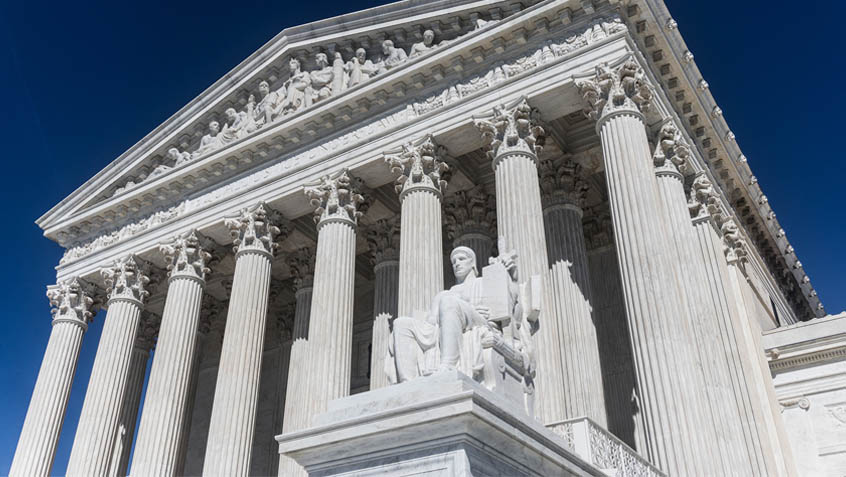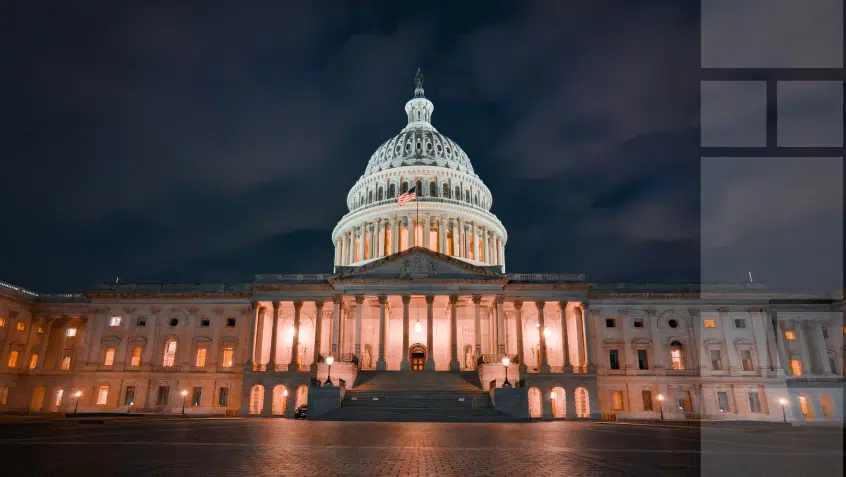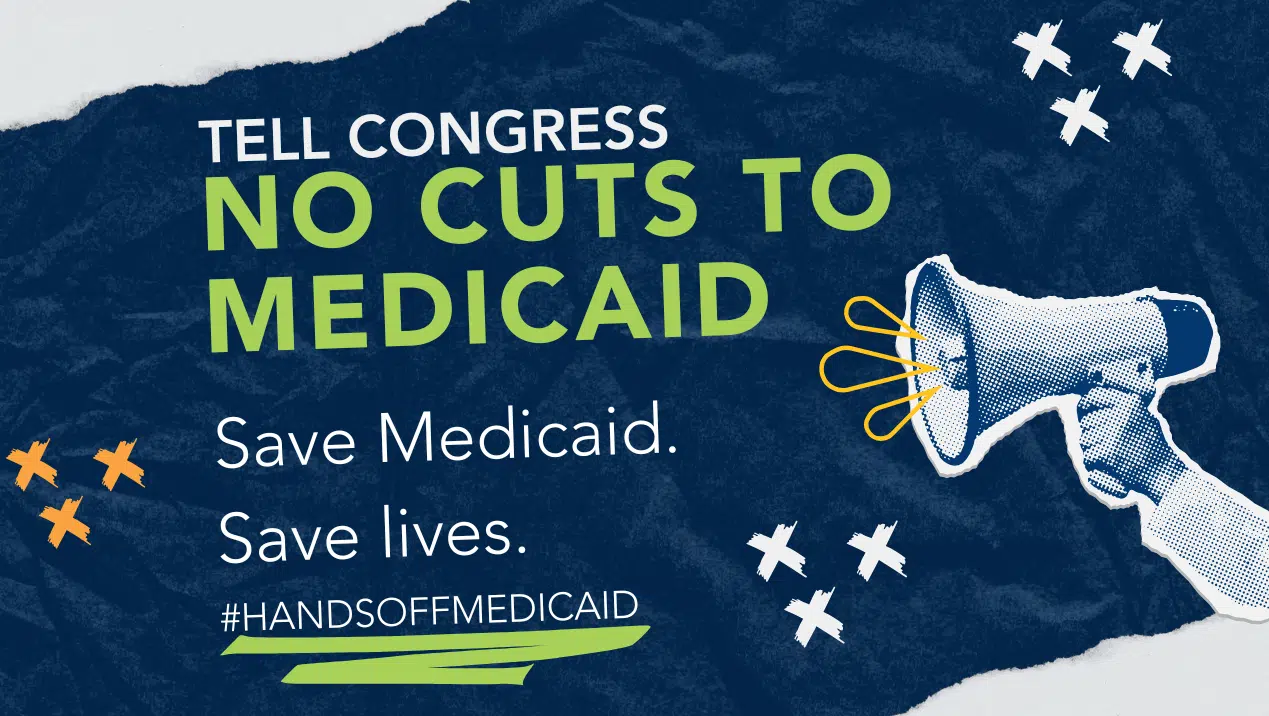Take Action: Tell your senators to reject harmful cuts to health care!
U.S. Supreme Court Clears the Way for Harmful “Public Charge” Rule

In a 5-4 ruling, the U.S. Supreme Court on Monday lifted a temporary injunction blocking the Trump administration’s “public charge” rule. The policy may now take effect almost everywhere, even as litigation challenging the regulation continues in the lower courts.
The justices did not explain their reasoning or address the merits of the underlying legal claims, and the Trump administration has not yet released a timeline for implementation.
Finalized in August but held up in the courts until now, the policy expands the government’s ability to refuse green cards or visas for legal immigrants who are deemed likely to use public programs including Medicaid, food stamps, and public housing. This change could make it much more difficult for immigrants—especially older adults and people with disabilities—to pursue citizenship, reunite with their families, and access the supports they need to thrive.
Multiple reports suggest families are already abandoning needed assistance for which they qualify out of fear that accessing these services will jeopardize their immigration status. This often includes programs that are not even covered by the regulation. Lifting the injunction will only deepen this chilling effect, driving more people to forgo vital care, food, and shelter—ultimately leading to worse health outcomes and wider economic and social disparities.
Lawsuits have been filed across the country challenging the final rule. While Monday’s order allows the policy to be enforced, it does not resolve the question of its legality or prevent pending cases from moving forward. If conflicting lower court rulings occur, it’s possible the issue could once again reach the Supreme Court.
Medicare Rights continues to oppose the Trump administration’s harmful public charge rule. Policies must be changed to make health care and other essential services more accessible, affordable, and available—not less so. No one in this country should be forced to choose between meeting their basic needs and keeping their family together.
Learn more about the final rule and how advocates can help.
Read more from Medicare Rights on the history of public charge and this new rule.
Show Comments
Help Us Protect & Strengthen Medicare.
Donate today and make a lasting impact.
The Latest
Most Read
Protect Medicaid—Tell Your Senators to Reject Harmful Cuts!
Official House Bill Analysis Confirms Devastating Coverage Losses
Senate Reconciliation Bill Would Increase Financial Hardships for Medicare Enrollees
A Whirlwind of Damage from Republican Budget: Increased Costs for All, Hospitals and Lives at Risk
Add Medicare to Your Inbox
Sign up to receive Medicare news, policy developments, and other useful updates from the Medicare Rights.
View this profile on InstagramMedicare Rights Center (@medicarerights) • Instagram photos and videos









